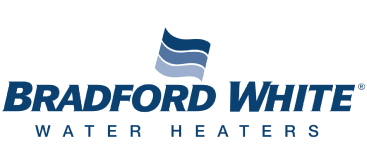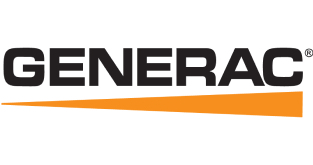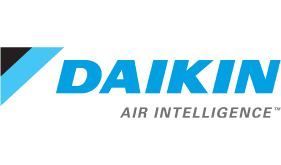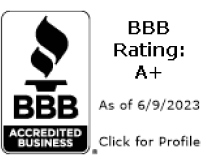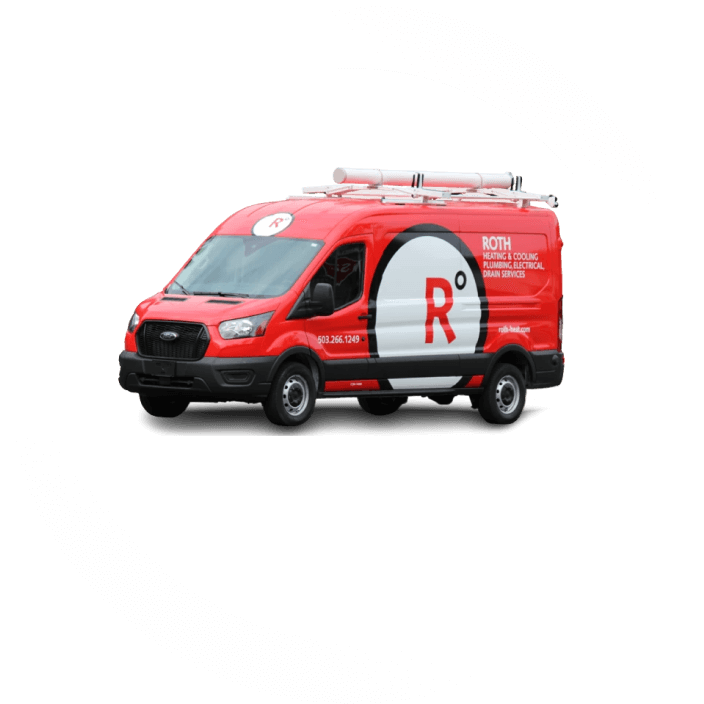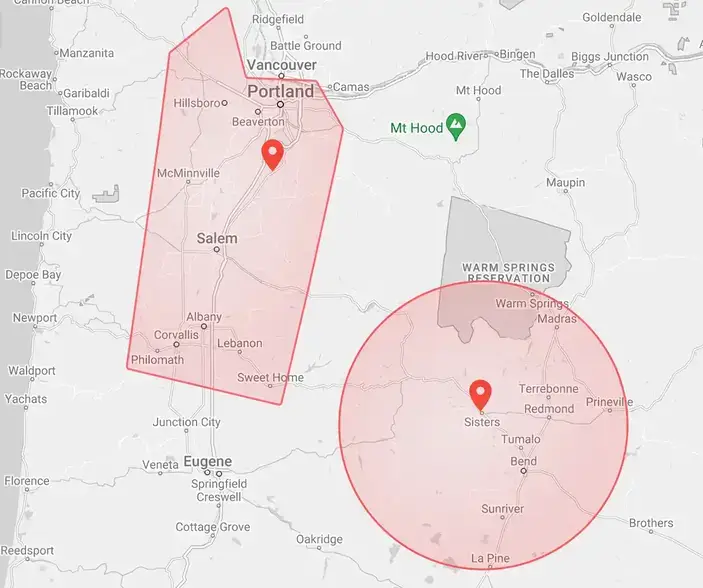When it comes to the safe operation of your furnace, there’s one component that plays a vital role: the heat exchanger. This coil of metal tubing is what keeps combustion fumes contained so they go out the exhaust vent pipe. If problems develop with this critically-important device, those noxious fumes that contain carbon monoxide and other harmful gases can escape and enter the warm air that’s being distributed through the ductwork in your home.
Here are three problems that commonly occur with heat exchangers and how to address them:
1. Rust and Corrosion
Heat exchangers can corrode and rust out due to excess condensation inside the furnace. Mostly, this is a problem with high-efficiency condensing furnaces. When the system is working properly, the condensate is expelled through a built-in drainage system. If the drain line gets partially blocked, the furnace still operates, but condensation can’t flow out freely and will gradually rust out the heat exchangers, allowing fumes to escape through holes in the metal. Condensation can also cause similar problems in a lower-efficiency furnace if the exhaust flue pipe is too small.
2. Age-Related Deterioration
Furnace heat exchangers are designed durably to withstand repeated cycles of heating up and cooling down over a long service life. With advancing age, the expansion and contraction that occurs will cause metal fatigue and small cracks will form in the material. When this happens, the furnace will need replacement.
3. Premature Metal Failure
Under certain conditions metal fatigue can happen prematurely, which means a costly early replacement of the furnace. The underlying cause may be insufficient system airflow or burner irregularities, but both result in overheating of the metal.
Preventing Problems With The Heat Exchanger
For safety and peace of mind, it’s wise to stay ahead of developing heat exchanger-related problems by having a trained HVAC technician inspect your furnace annually. An experienced technician will clean the components, check for adequate airflow, make any necessary burner adjustments and inspect the heat exchanger for wear and damage.
To have your furnace heat exchanger inspected, contact the Portland home comfort pros at Roth Home & Cooling.








